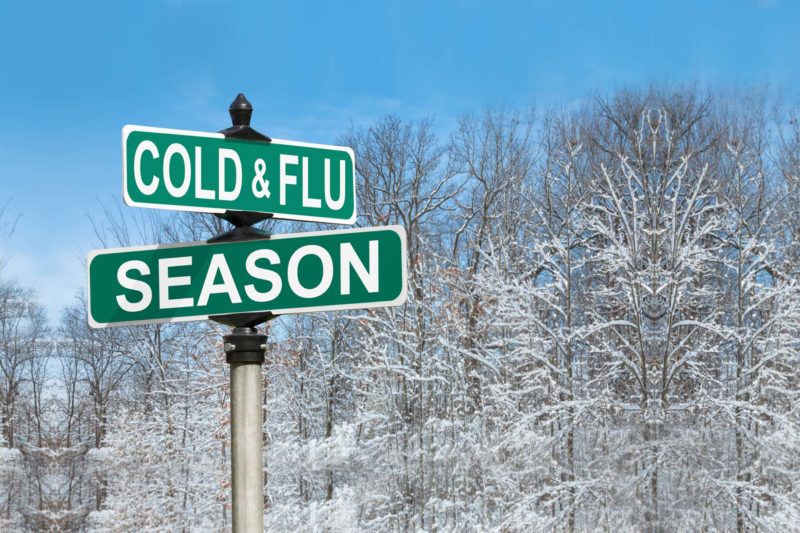By Brooke Gensler, MD
Did you know that in 1918, in the midst of World War I, an influenza epidemic swept the globe? This “Spanish Flu” led to upwards of 50 million deaths in only two years, primarily among people ages 20 to 40. Yes, this is the same influenza virus—albeit a different strain—that comes around every winter. The Spanish Flu led to casualties on both sides of the war, killing more soldiers than combat itself. Imagine your 18-year-old son, brother, cousin, or grandson going off to college and contracting a virus that he doesn’t survive. This was the devastating reality facing our country 100 years ago.
Scientists then set out to make a difference. From the 1930s to 1960, global entities such as the Centers for Disease Control and Prevention(CDC) and World Health Organization mobilized research to better understand the influenza virus and develop a vaccine. When another influenza strain killed 1.1 million people worldwide in 1957, the U.S. Surgeon General recommended vaccination for people with the most vulnerable immune systems, namely, the elderly, pregnant and those with chronic illnesses. Remarkably, we have not seen this magnitude of deaths from influenza since the introduction of the vaccine. Recommendations slowly expanded to include annual vaccination for all individuals over 6 months of age, which still stands today. Over the last 60 years, hundreds of millions of people have received the influenza vaccine.
As I marvel at the progress our society has made, I am acutely aware of the parallels between the Spanish Flu and our recent COVID-19 pandemic. A reality of this era is the abundant, ever-evolving body of medical knowledge that we are asked to process. A herculean task! As a family medicine physician, I get to talk with my patients daily about the risks and benefits of vaccines. Of course, vaccines carry some risk, but when I weigh the possible outcome of a severe influenza infection for my toddler niece or aging grandparent against the minor risks of vaccination, I heartily recommend the flu vaccine. As you navigate these decisions, I encourage you to keep asking questions of your trusted healthcare providers.
Briefly, I’d like to discuss common concerns raised in the exam room. “I don’t think the side effects are worth it” or “Can’t the flu shot give you the flu?” Some patients do experience short-lived fatigue or fever following vaccination, or more commonly soreness at the injection site. The fatigue or fever is actually good and expected, a sign that your body is mounting a strong immune response to the viral particle, or antigen, and will be prepared to fight off the virus if exposed in the future. My best advice: Consider getting your flu shot on a day when you can take it easy if needed.
Other patients express that they have never had the flu in the past and wonder “why consider getting it now?” Over the last 60 years, studies consistently show that the flu vaccine reduces the severity of influenza illness. Every year, healthy people get the flu who have not had it in the past. Whether you choose to get vaccinated for your own protection or for those more vulnerable around you – especially those over 65 years old or under 2 years old – the flu vaccine is an effective tool. So effective, in fact, that it decreases flu-related deaths by two-thirds in otherwise healthy children.
I invite you to consider how your decision to become vaccinated or not is part of a bigger story, one that dates back 100 years. Keep asking questions of trusted medical providers, and please, join my family in getting fully vaccinated this fall.
Visit CDC.gov for more information about flu vaccinations or ask your doctor if you have questions.
DR. GENSELER, MD is a family medicine doctor at Allina Health United Family Physicians, 233 Grand Ave, Saint Paul, MN 55102. Phone: 651-241-5200







Leave a Reply